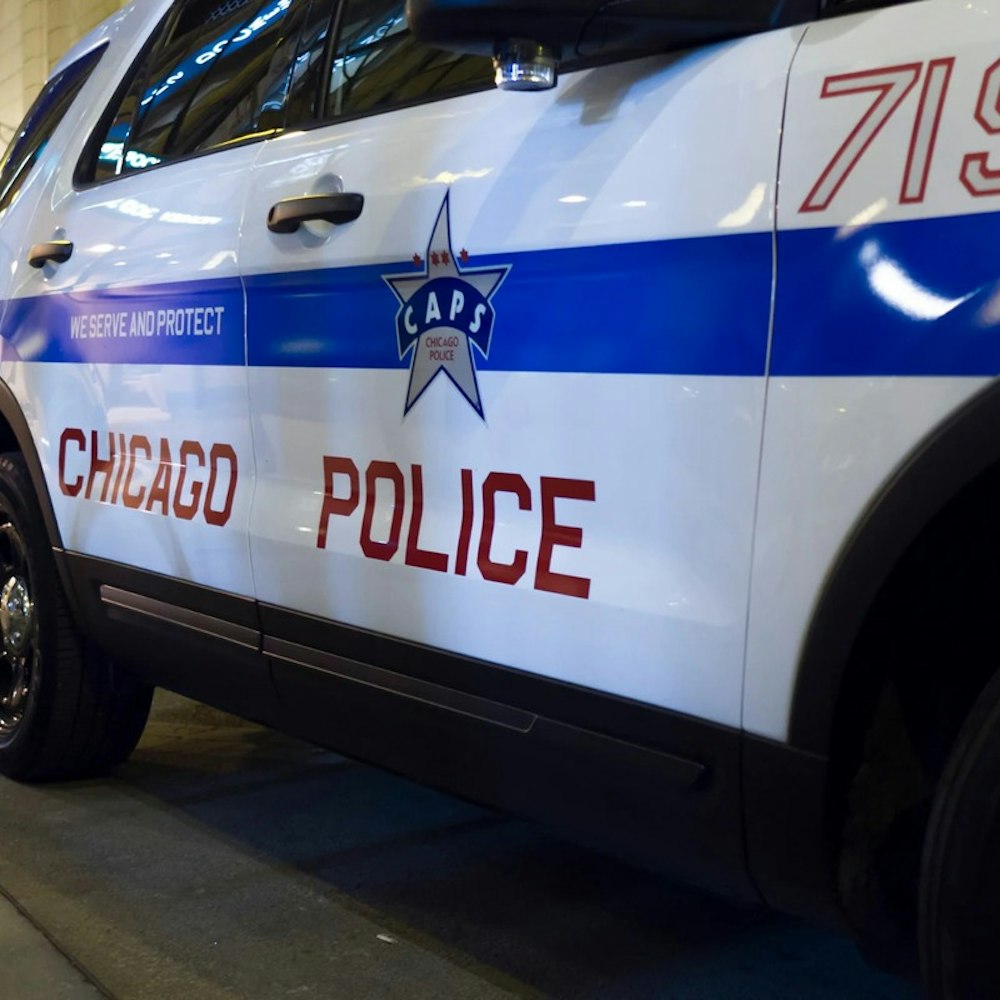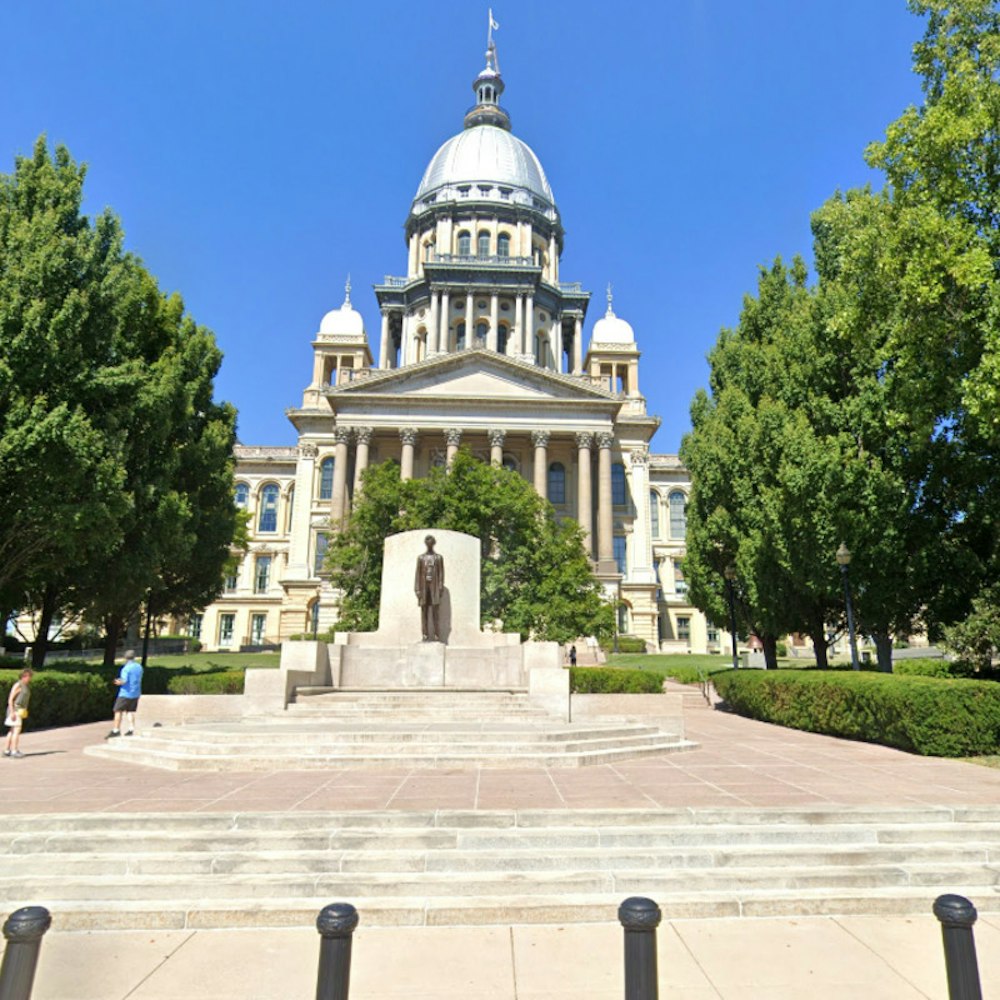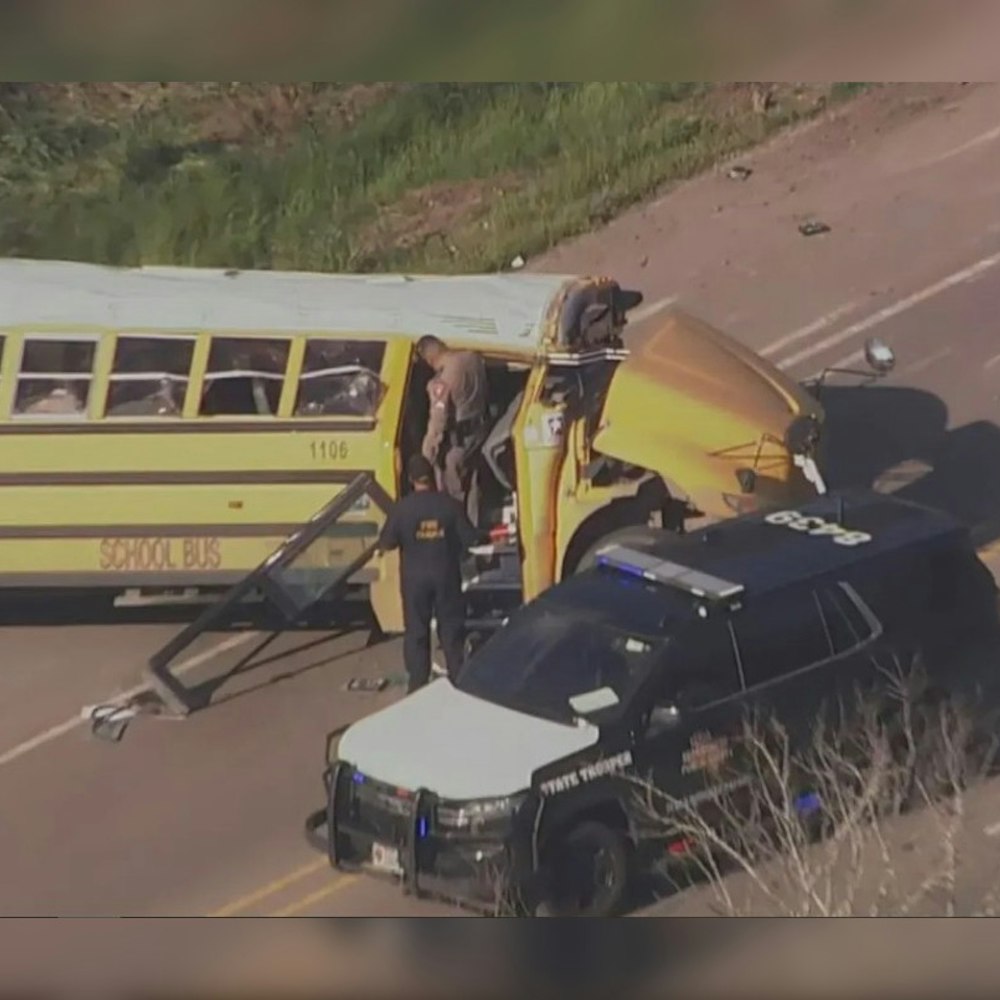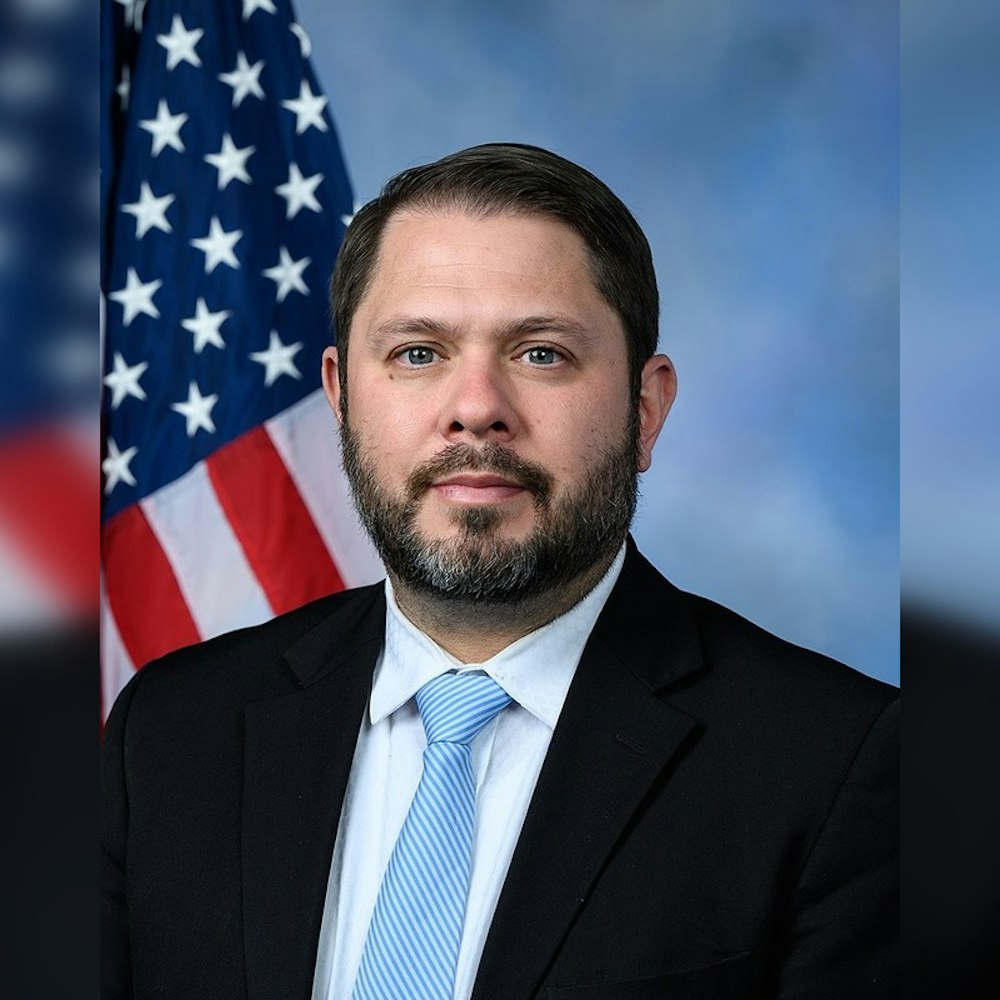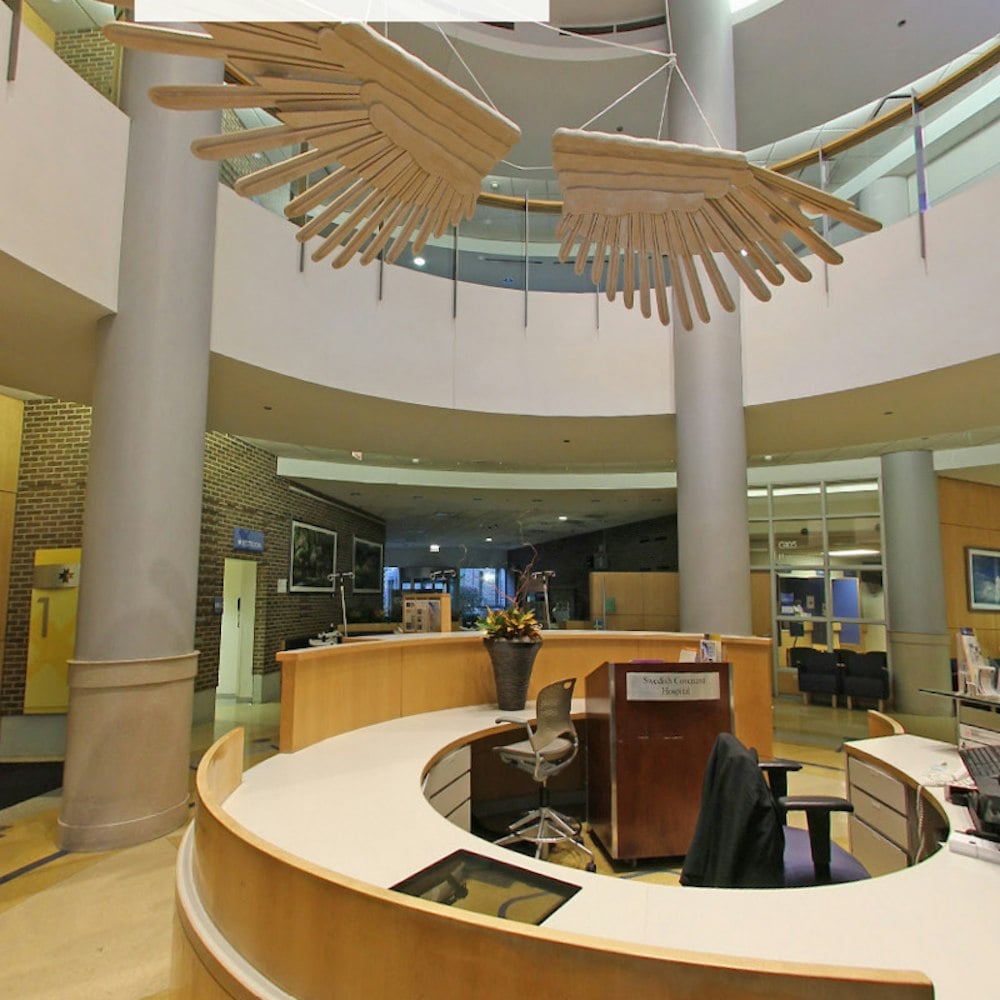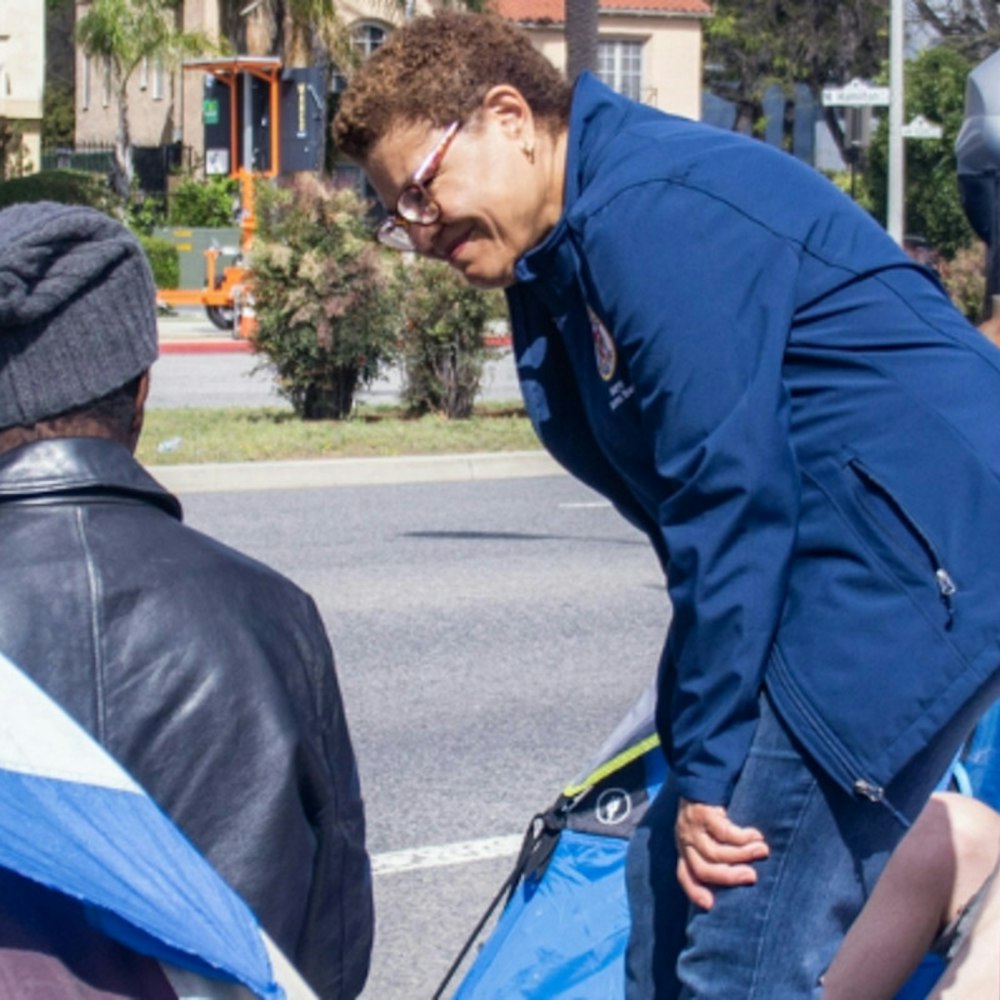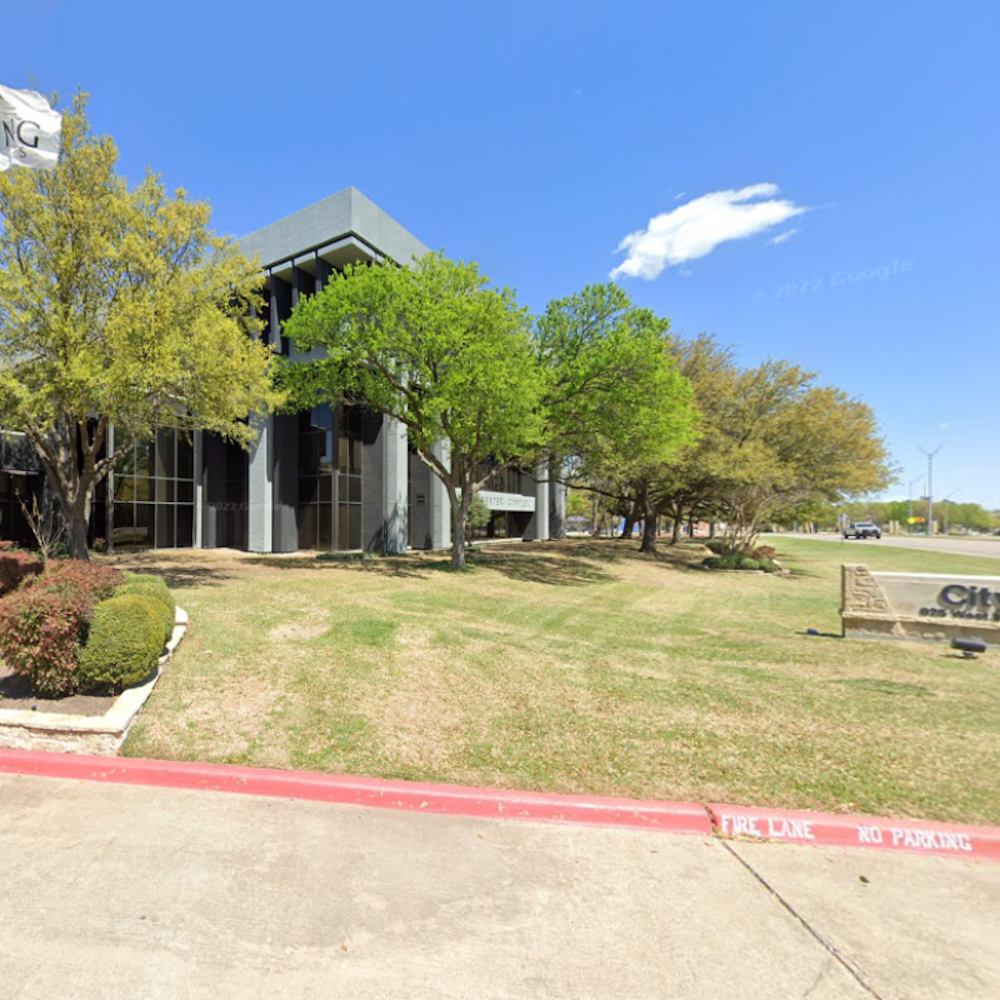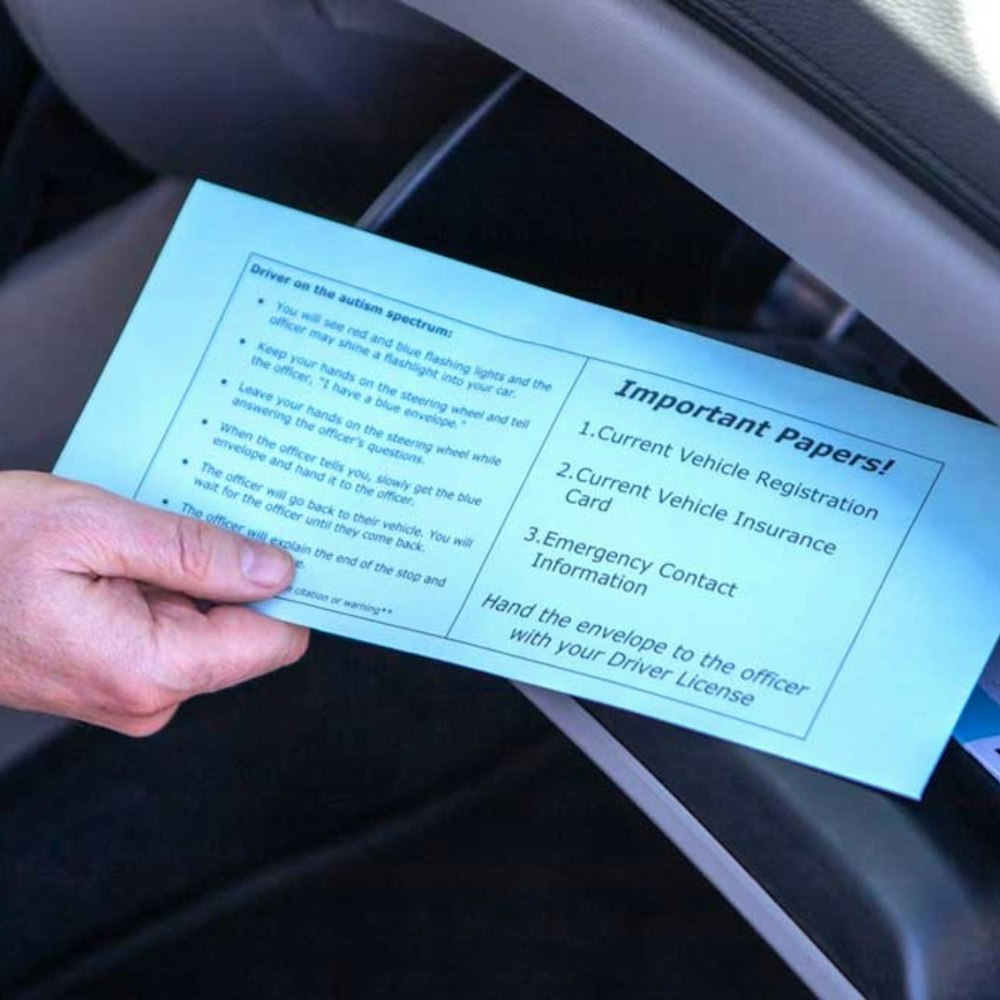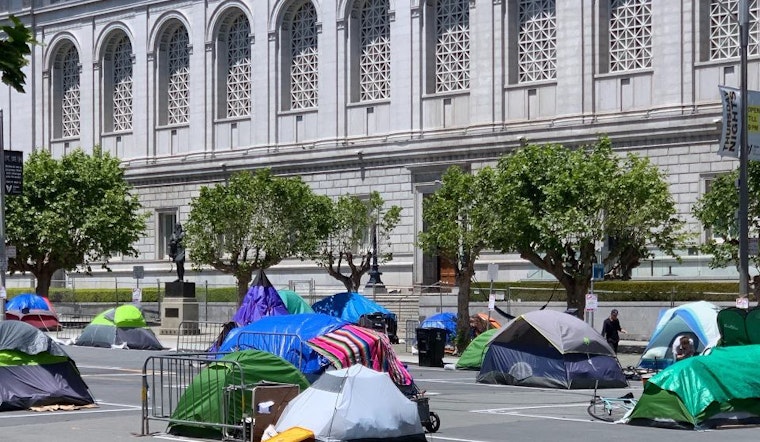
The city this week expanded its portfolio of potential sites for providing emergency shelter to its thousands of unhoused residents living on the street.
At the behest of District 1 Supervisor Sandra Lee Fewer and District 4 Supervisor Gordon Mar, the city's Real Estate Division and Recreation & Park Department inventoried 42 city owned properties that could be pressed into use during the COVID-19 shelter-in-place order as "Safe Sleeping Villages."
"This is really a first step," said D1 legislative aide Ian Fregosi. "Shelter capacity has been reduced by 76%" due to COVID-19 shelter closures, he said. "A lot of people are out on the streets that were previously in shelters. We need as many options as possible."
Not all the sites selected would necessarily be used, Fregosi said.
Safe sleeping sites, semiformal tent villages equipped with infrastructure and services, and operating according to a rigorous set of Department of Health-based safety guidelines, are now open across the city — primarily around City Hall, in the Upper Haight, and starting Monday, in the Castro — as a way for the city to triage and shelter unhoused San Franciscans unable to otherwise shelter safely.
Though they've proven contentious in residential areas, Fregosi said the safe sleeping site on Fulton Street near City Hall was "by all accounts, going great."
"People that are staying there by their accounts love it," Fregosi said. "They're actually able to sleep through the night, they don't need to fear being assaulted or having their belongings stolen."
The sites identified this week are mostly Port of San Francisco or school properties, either City College or San Francisco Unified School District sites. School sites have been chosen for the availability of parking lot and hardtop space.
Of the 42 sites, eight fall under Rec & Park's 3,400 acres of city land. Per the arrangement Rec & Park manager Phil Ginsburg made when agreeing to scout for locations, the sites selected will "not interfere with the public’s critically needed access to the outdoors during this health crisis."
The park sites chosen for potential tent villages are all on the outskirts of the city: the Marina, Great Highway, Crocker Amazon, and the Embarcadero.
Fregosi said the next step for any of these safe sleeping sites would require coordination between the city's Emergency Operations Center and district supervisors, with a community review and input process.
